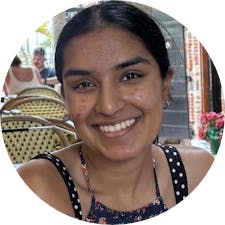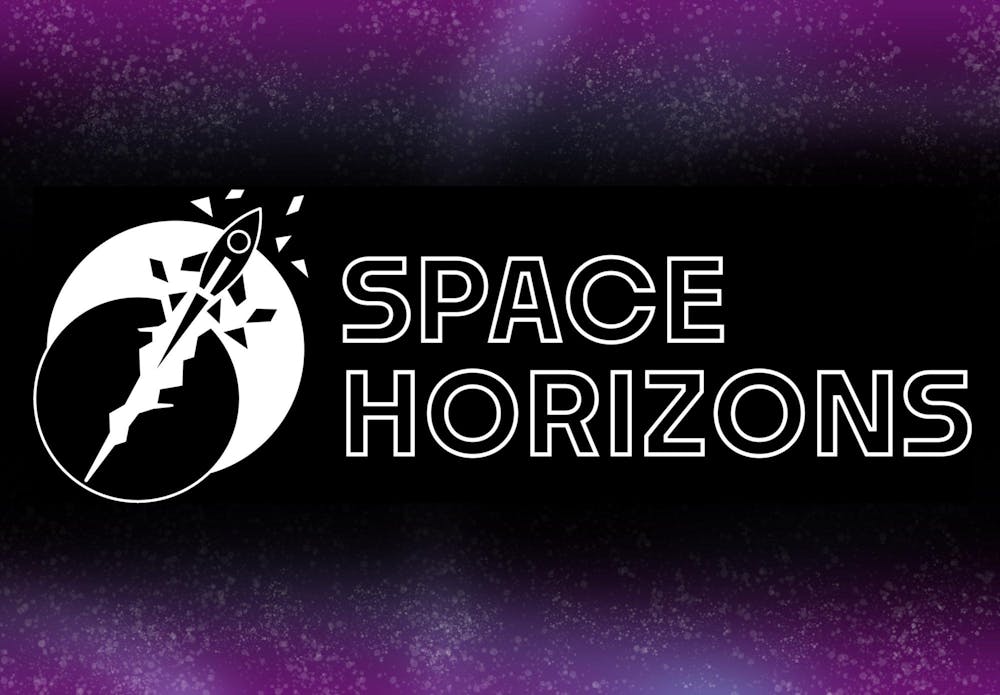Next month, researchers and industry experts will gather in the Hazeltine Commons for Brown’s annual Space Horizons conference, which spotlights discussions on sustainability in space.
This is Brown’s third annual conference exploring examining topics at the intersection of space and ecology, but this year’s event transitions away from addressing how space can solve problems on Earth to determining what people are doing to space, according to Rick Fleeter ’76 PhD ’81, adjunct associate professor of engineering and faculty lead for the event.
Space Horizons focuses on “over the horizon” topics that are not as widely discussed in the mainstream space world, Fleeter told The Herald. “There’s always a few people out there who are thinking similarly,” he said. Through the conference, he aims to bring those people together in dialogue with one another.
Fleeter started Space Horizons when “trying to gain acceptability” for microsatellites, a hobby of his, during his time at Brown. While working in the space industry, he learned that these microsatellites were viewed as “toys,” so he decided to hold a conference to bring people together and pose the question: “This seems like such a great thing and nobody’s doing it — why is that?”
While the event started as a much more traditional conference with lectures and formal gatherings, it has evolved to include “guest speakers and more casual round table discussions,” wrote Alex Liu, one of the student leads, in an email to The Herald.
Liu studies industrial design at the Rhode Island School of Design and plans to pursue a career in the aerospace industry, he wrote. He got involved with the conference when Fleeter reached out to him about designing graphics.
Liu has designed the logos, posters and other marketing materials, and is part of RISD Astro, a club that designed and produced a lunar rover that will be featured at the conference.
Experts from NASA, the Jet Propulsion Laboratory, European space agencies and higher education institutions will be present at this year’s event, said Jessica Jacyno ’24, the other student lead. There will be two keynote speakers, and guests will be able to cycle through different discussions and come together to share ideas.
Expert attendees include a professor at the Colorado School of Mines whose work focuses on concerns about using terrestrial equipment on the moon, where abrasive lunar dust can cause significant damage, Fleeter said. Another professor will be discussing the theological basis for human imperialism in space.
The conference hopes to explore the “societal and philosophical qualms of going to a place that is not really ours and essentially colonizing it in ways that we have other land masses on Earth,” Jacyno said.
After taking Fleeter’s course ENGN 1760: “Design of Space Systems” last spring, Jacyno “really fell in love” with the field and “found a place in that area and something (she) was really interested in.”
She started working with Fleeter on several different projects, and when Fleeter and his colleague discussed focusing Space Horizons on sustainability, he brought the idea to Jacyno.
The reality of space travel is probably not going to be like civilizations from sci-fi movies that move to new planets without carbon emissions or dust, according to Zach Stellato ’26, a student organizer for the event.
While “the whole idea of going to a different planet is a little far off,” Stellato said, “how do we not make an Earth 2.0?”
Stellato’s interest in space engineering started with a second grade school project about Mars. Ever since a 10th birthday trip with his grandparents to the Jet Propulsion Laboratory — where the Mars rovers were built — Stellato has been “completely obsessed” with Mars and space. He took Fleeter’s course ENGN 0120B: “Crossing the Space Chasm Through Engineering Design,” for which he later served as a teaching assistant when Fleeter asked him to help with the conference.
Stellato, a computer science concentrator, built the event’s website and, along with Jacyno and Liu, has been involved in connecting and coordinating with experts and advertising.
Space Horizons is free and open to all, Fleeter highlighted. “Space is not just for engineers,” he added.
Fleeter emphasized that Space Horizons is a multi-departmental event: the cornerstone sponsor is the Office of Sustainability and Resiliency, and the Department of Earth, Environmental and Planetary Sciences has been involved since early in the process as well.
Liu hopes that attendees “gain an awareness of the future of space exploration and take steps in preventing pollution,” he wrote.
“We’re trying to make this a more accessible field, and I want everyone to feel like this is something they can contribute to” and have the opportunity to interact with people high up in the industry, Jacyno said. “This is a field that seems like rocket science, but it’s for everyone.”

Rhea Rasquinha is a Metro editor covering development and infrastructure. She also serves as the co-chief of illustrations. She previously covered College Hill, Fox Point and the Jewelry District. Rhea is a senior from New York studying Biomedical Engineering.





